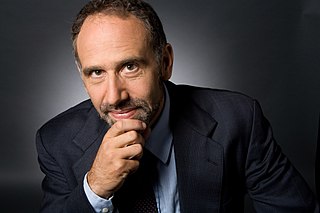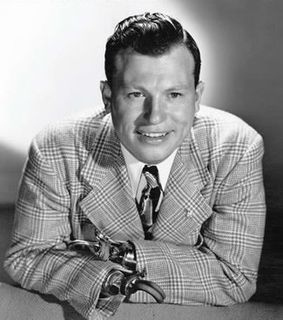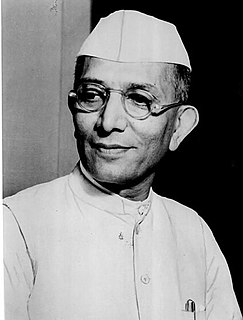A Quote by Robert Heilbroner
As the histories of ancient and modern democracies illustrate, the pressure of political movement in times of war, civil commotion, or general anxiety pushes in the direction of authority, not away from it.
Related Quotes
The civil rights movement didn't deal with the issue of political disenfranchisement in the Northern cities. It didn't deal with the issues that were happening in places like Detroit, where there was a deep process of deindustrialization going on. So you have this response of angry young people, with a war going on in Vietnam, a poverty program that was insufficient, and police brutality. All these things gave rise to the black power movement. The black power movement was not a separation from the civil rights movement, but a continuation of this whole process of democratization.
The elites hate to acknowledge it, but when large numbers of ordinary people are moved to action, it changes the narrow political world where the elites call the shots. Inside accounts reveal the extent to which Johnson and Nixon's conduct of the Vietnam War was constrained by the huge anti-war movement. It was the civil rights movement, not compelling arguments, that convinced members of Congress to end legal racial discrimination.
In less than a century we experienced great movement. The youth movement! The labor movement! The civil rights movement! The peace movement! The solidarity movement! The women's movement! The disability movement! The disarmament movement! The gay rights movement! The environmental movement! Movement! Transformation! Is there any reason to believe we are done?
If you mean by "military victory" an Iraqi government that can be established and whose writ runs across the whole country, that gets the civil war under control and sectarian violence under control in a time period that the political processes of the democracies will support, I don't believe that is possible.
Of all the cares or concerns of government, the direction of war most peculiarly demands those qualities which distinguish the exercise of power by a single hand. The direction of war implies the direction of the common strength; and the power of directing and employing the common strength, forms a usual and essential part in the definition of the executive authority.





































